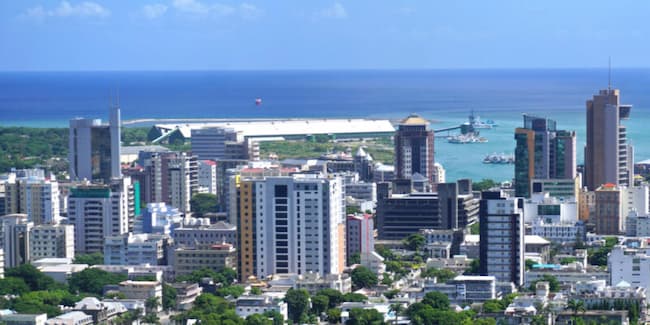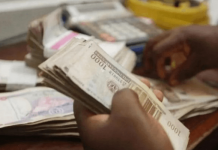Policy overseers in Africa have been encouraged by the International Monetary Fund (IMF) to double their efforts in “economic and structural reforms”, amid a rapidly changing climate reality and a pandemic.
The global fund advised that such reforms should include the agriculture sector, as it remains the region’s “main driver of growth and jobs”.
Stating this was the Deputy Managing Director of the IMF, Antoinette Sayeh, on Tuesday while giving an opening remark at the Fund’s seminar themed, ‘Supporting Food Security in Sub-Saharan Africa amid the COVID-19 Pandemic and Climate Change’.
She said, “Close to 40 percent of the population in advanced economies is fully vaccinated against COVID-19. In sub-Saharan Africa, that number is about 2.5 percent.
“Until we address this growing divide, COVID‑19 will continue to claim more lives.
“Another priority for Sub-Saharan Africa’s policymakers is to advance economic and structural reforms, including in the agriculture sector – the main driver of growth and jobs in the region. But it is important to do so in a way that enhances resilience to climate change.”
Stating the role of the IMF in the economic affairs of countries in the sub-region, Sayeh said that the Fund was providing more financial support, calling on “the international community” to also play “its part”.
Sayeh said, “The international community also needs to play its part. At the IMF, we have scaled up financing to support the region. In fact, in response to COVID-19, we provided in one year 13 times our average annual lending to sub-Saharan Africa.
”This allowed member countries the breathing space they needed to contain the pandemic, mitigate its economic impact, and meet urgent medical and food needs.
“In August, the IMF also made the largest SDR allocation in its history, which included about US$23 billion for sub-Saharan Africa.
READ ALSO: Absa L’Atelier 2021 Celebrates Diverse Talent From Across Africa
“This allocation is supplementing countries’ foreign reserves, reducing their reliance on more expensive domestic or external debt, and helping step up their fight against the crisis.
“To magnify its impact even further, the IMF is encouraging voluntary channeling of some of the SDRs from countries with strong external positions to those most in need.
“But clearly more needs to be done to enable greater food security in the region. And we have a panel of experts who we would love to hear from.”
The Fund in August prepared a $650 billion Special Drawing Rights (SDRs) for disbursement to member countries struggling to escape from the economic clutch of the COVID-19 pandemic.
Sayeh also noted that besides the pandemic, there’s also the looming threat of climate change that could serve as a “multiplier for conflict and fragility in the region”.
She added, “The COVID-19 pandemic has also disrupted production, imports and supply chains of food, resulting in volatile and rising food prices. And that, along with falling incomes from the pandemic, has led to an increase in the number of undernourished in the region by 20 percent in one year to reach 264 million in 2020.”
















